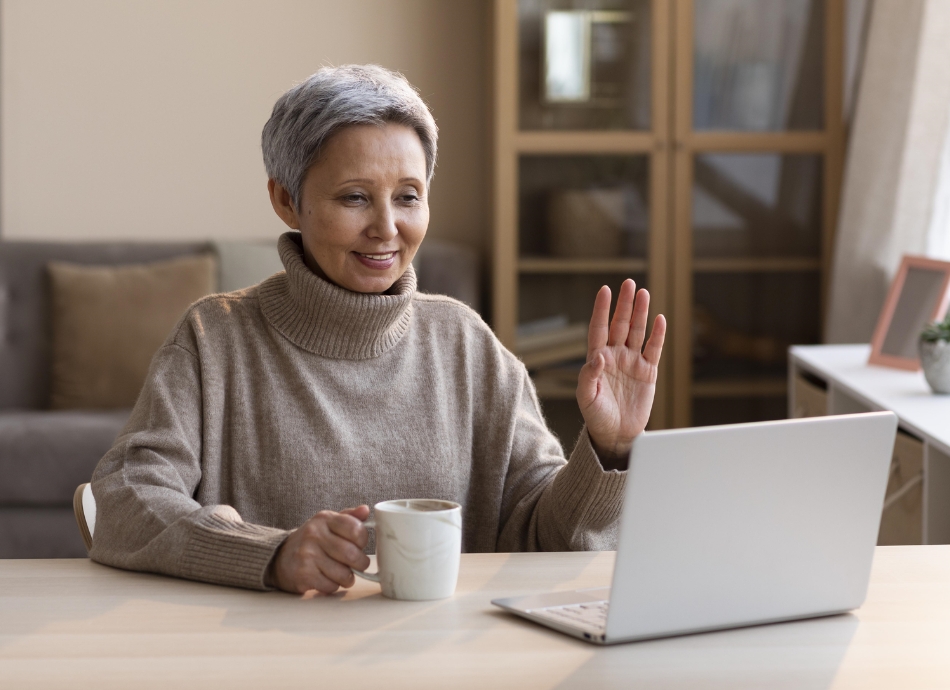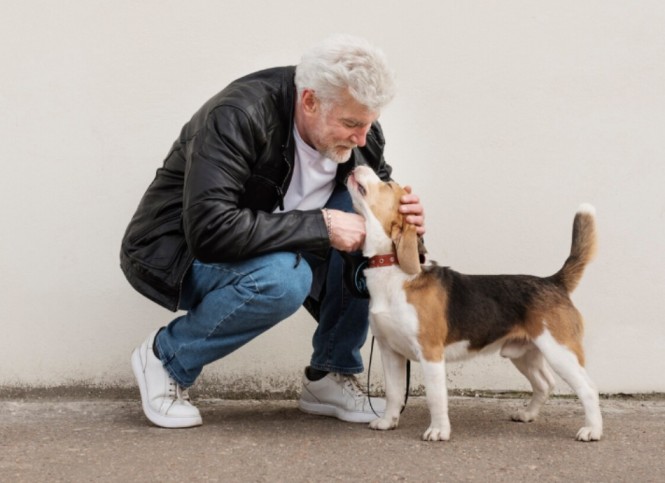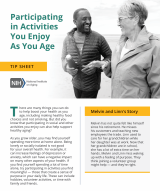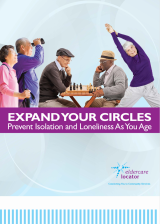If you're a frequent visitor to Healthify, why not share our site with a friend? Don't forget you can also browse Healthify without using your phone data.
Social isolation and tips for avoiding it
Key points about avoiding social isolation
- Staying socially connected as you get older can help your physical and mental wellbeing.
- You may have times in your life when you have less social contact.
- You also might be staying at home because you’re unwell or isolating with COVID-19.
- In these situations it can be easy to slip into social isolation, when you regularly lack connection with friends, whānau and your community.
- Being alone a lot can be bad for your physical and mental health, so it’s important for you to keep up your social connections.

1. Reconnect with whānau and friends
Reply to an email, ring someone for a chat or arrange to meet up for a coffee. If you have problems getting around, ask them to pop in and visit – as long as you and they are feeling well. If you can't get out as much as you used to, or you're isolating because you don’t want to pass something infectious on to others, technology can be a big help. Try texting or having a video chat with friends and loved ones, and keep it up regularly.
2. Take small steps to be around other people
Go to a café or the shops and smile and make small talk with the cashier, other customers and so on. Wave or smile at your neighbours and offer to share some cuttings or excess produce from your garden. Chances are, you'll strike up a conversation and get to know one another.
3. Join a club or group
Get involved in something that interests you – a book club, a craft group, a singing group, a walking group or an exercise class such as aqua fitness. If you’ve always wanted to travel, there are plenty of groups that cater for older clients so get in touch with your local travel agent to discover some exciting options. Another way to meet new people is by volunteering your time to a cause or charity you support. Many parts of Aotearoa New Zealand have an active Neighbourly group enabling you to meet the people living around you in a safe and secure way. Doing something you enjoy with other people who also enjoy it is a good way of meeting people with common interests. Hopefully some of them will become friends.
4. Consider getting a pet
Having an animal companion can really help if you’re socially isolated or feeling a bit lonely. They provide you with something to care for, stroke and play with. Their antics can be very entertaining as well. Having a pet can provide other benefits too – dogs need exercise and all pets need regular care so can help you stay motivated and engaged in a routine. You’ll find people are more likely to talk to you if you’re out with a dog, so you might make new friends that way too. If you can’t manage a dog or cat, tropical fish are fun and relaxing to watch and don’t need as much input.
Read more about how owning a pet is good for your wellbeing. Your local SPCA(external link) is bound to have a number of choices for pets to adopt and can advise you on the type and breed that might suit you and your lifestyle best.

Image credit: Freepik
5. Move through the awkwardness
It may feel awkward at first to chat to people you already know but have lost touch with, as well as with new people you meet. If so, brush up on some easy conversation starters(external link) to help you find things to chat about. It might be easier to meet up with an activity in mind, so you don’t have to do so much talking. Go to a movie or watch one at home, play cards or a board game, watch a DVD, look through some old photos.
6. Find activities in your community
Have a look for resources and programmes at your local i-SITE information centre(external link), Age Concern(external link), library, community centre, café or Citizens Advice Bureau (CAB)(external link). You can also browse through your local community newspapers to see what activities are on near you. Older adults can use their SuperGold card(external link) to travel free at many times of the day.
7. Keep learning
Enrol in an online or in-person course, learn te reo Māori or another new language, or attend a talk or seminar in your community. FutureLearn(external link) have hundreds of free online courses and even some with a New Zealand focus(external link). You don’t have to learn in a structured way, perhaps there’s a hobby or skill you’ve always wanted to try and know somebody who does it. You could ask them if you could meet up and learn from them whether it’s wood working, knitting, drawing, cooking, playing the recorder, or playing a sport such as tennis or croquet.
8. Be patient and keep trying
It can take several conversations before you make a new friend. Don’t give up – the rewards will be worth it.
9. Reach out for support
If you can't go far, or are in need of a friend, Age Concern (external link)runs an accredited visitor service providing regular visits to older Auckland-based people who would like more company, to reduce social isolation and loneliness. St John runs a caring caller service(external link) where volunteers call people to check on them and provide a bit of conversation.
Social isolation(external link) Loneliness in NZ
Build social connections(external link) AARP Foundation, US
Brochures
Participating in activities you enjoy as you age(external link) NIH, US, 2022
Expand your circles –prevent isolation and loneliness as you age(external link) Eldercare Locator, US
References
- Loneliness and social isolation – tips for staying connected(external link) NIH National Institute on Aging, US
- The positive power of pet ownership(external link) SPCA, NZ. 2023
- Accredited visitor service(external link) Age Concern Auckland, 2022

Participating in activities you enjoy as you age
NIH, US, 2022

Expand your circles –prevent isolation and loneliness as you age
Eldercare Locator, US
Credits: Healthify Editorial Team. Healthify is brought to you by Health Navigator Charitable Trust.
Last reviewed:





